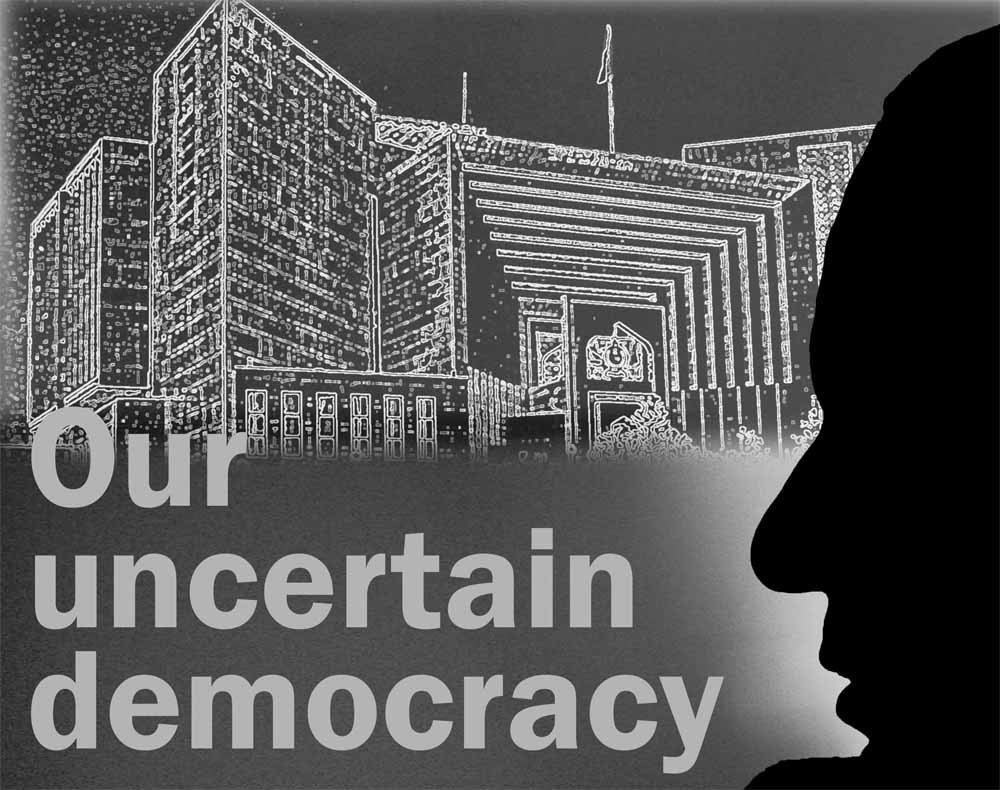

Pakistan is at the clichéd crossroads again. As these lines are being written on Thursday, most people think the fate of the Sharifs will be decided in the Supreme Court on Friday, or a few days later.
As the case that began in April 2016 with the Panama Papers coming out and implicating the prime minister’s family as owning offshore companies is nearing closure, it has shaken Pakistan’s polity to the core. It has once again exposed the vulnerabilities of our political system and the political players are aligning as per their interests, without thinking about the long term impact of their own decisions in the current crisis.
There is, of course, weight in the argument that the prime minister’s accountability should not necessarily be construed as a threat to democracy, because this is where the elected representatives’ high moral ground lies -- that they are more accountable than all other institutions. In Panama, there are lessons for the politicians to steer clear of corruption of all kinds. In Panama again, there are lessons about all the unelected institutions -- centres of power nonetheless -- that are still beyond the ambit of accountability.
The mother of all cases has pitched one party against the other and, as Dr Mohammad Waseem says, has brought "judiciary in clash with legislature" and exposed the perpetual civil military conflict. In the words of Dr Waseem again, "the contradiction in the civil military relations draws on another contradiction between the middle class and political class. As per his analysis rooted in history, the three institutions of the state -- army, bureaucracy and judiciary -- are drawn from the middle class and are opposed to the ‘corrupt’ political class.
With such a backdrop, the aftermath of the Panama case potentially holds more instability and uncertainty for democracy in this country. That consensus on democracy as the best system for this country is what needs to be preserved at all costs.
Read also: Our uncertain democracy